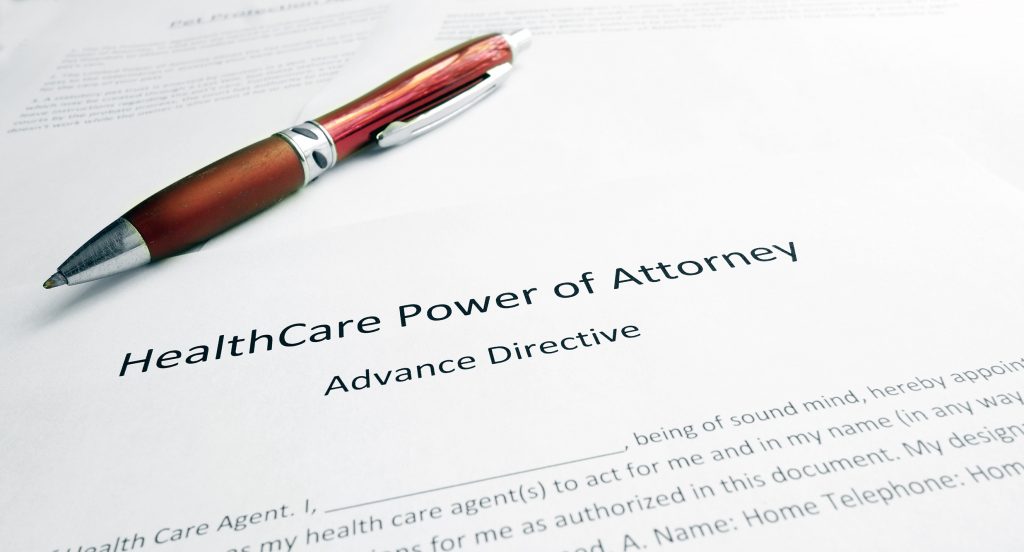
Although many of us avoid thinking about it, the situation or time may come when we cannot make important decisions for ourselves. It is important to consider who you want to manage your property, financial and/or medical affairs if you are unable to due to mental or physical incapacity.
A power of attorney (POA) is a legal document that allows a principal to appoint an agent to act on their behalf. The most common time to establish a POA is when an individual is elderly or faces a serious or long-term health crisis. However, incapacity is not the only reason you might need a POA. For example, if you travel frequently you might set up a POA so that someone can handle your affairs in your absence.
There are several types of POAs, each of which provides your agent with a different level of control. These include a general power of attorney, which gives broad powers to an agent such as making banking transactions, real estate decisions, dealing with retirement benefits, and paying bills; and a health care power of attorney, which grants your agent authority to make medical decisions if you are unable to make them on your own. Under a POA, you can limit or expand these powers depending on your needs and intentions.
What to Consider When Choosing Your Power of Attorney
Trust is a key factor when choosing an agent for your power of attorney. Ideally, you need someone who you know will look out for your best interests, respect your wishes, and won’t abuse the powers granted to him or her. This may be a friend, a family member, an attorney, or an organization.
You can name more than one person to act as your power of attorney. While multiple agents can serve as checks and balances for one another, they may not always agree on what needs to be done. This could end up delaying important transactions rather than promoting sound decision-making. If you choose to appoint only one agent, consider designating a backup. If your agent is unable to serve when the time comes, the successor agent can step in.
How to Establish a POA
A POA can be established by an individual or with the help of an attorney. While an attorney is not necessary to execute a power of attorney, you may want to consult a professional who is familiar with your state’s specific requirements as well as with the issues that can arise when a POA is invoked. You must sign and notarize the original power of attorney document and certify several copies to provide to banks and other businesses so they will allow your agent to act on your behalf.
It is important to note that a principal must set up their own POA – no one can do it for them. This means that if you are suddenly unable to handle your affairs and do not have a POA in place, it will be left to a court to appoint a guardian or conservator. Keep in mind that you can revoke a power of attorney at any time by notifying your agent in writing and retrieving all copies of your POA. Also make sure your financial institutions know your agent’s power of attorney has been revoked.
A POA is an essential tool for protecting your interests and ensuring that your wishes are fulfilled. If you, a loved one, or a client needs help handling their financial, personal and/or legal documents, Liberty Paperwork Solutions can help. Call or email us today to schedule a free and confidential conversation.
